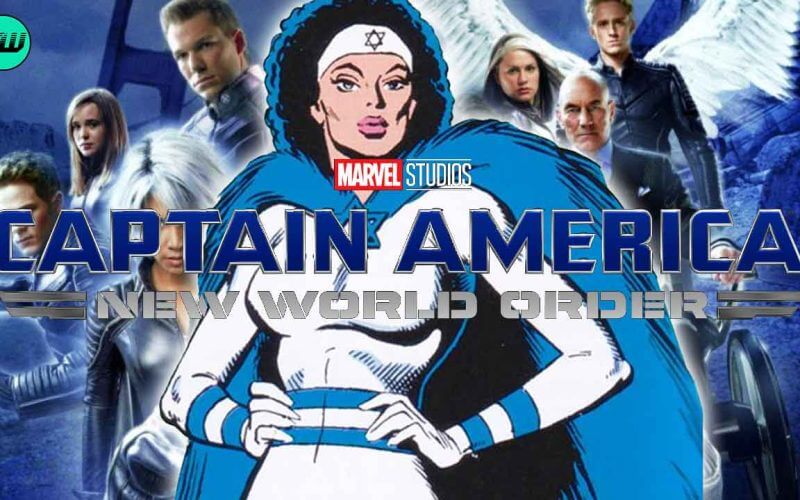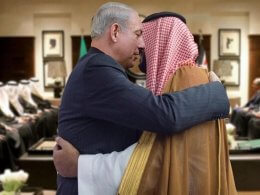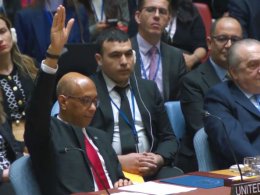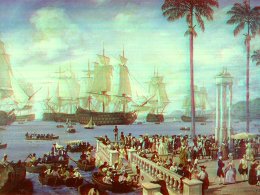Last week, Disney-23 (D23) announced the introduction of a new super-heroine to the superhero universe named Sabra, an Israeli intelligence agent with superhuman strength and combat skills. The announcement, which came from Marvel Studios President Kevin Feige, the primary producer of the Marvel Cinematic Universe, sparked outrage and condemnation in the Arab community, who accused Marvel of portraying the Arab characters she interacts with in the comics as misogynistic, antisemitic, and violent.
According to reports, some Palestinian-American writers and analysts in the United States argued that the comics do not suggest anything positive about how the Marvel film will play out, arguing that the concept of turning Israeli spies into heroes is "insensitive and disgraceful." These same individuals explain that the latest move by Marvel adds to the "glorification of violence against Palestinians specifically and Arabs and Muslims," which has "a long and ugly history in the West and it has remarkable staying power."
Arab filmmakers and authors also argue that films portraying the American Israeli alliance positively are irresponsible, given that they celebrate American and Israeli law enforcement agencies as good forces and showing Arabs and Muslims negatively. Some Israelis say that the superhero might not be the best for this current time, given that Sabra's creation came during the failure of the Oslo Accords with a "different reality and state of mind."
Other Arab commentators also point out that the character's announcement of the Sabra and Shatila massacre of 1982 by Marionette Lebanese Forces is insensitive to the Arab community, accusing Marvel of being "ignorant." Many Arabs today blame the Mossad for allowing the massacre to occur in Lebanon, accusing the Israelis of trying to "kick a people living under apartheid while they were down."
When confronted about the response from the Arab community, a Marvel Studios spokesperson stated that filmmakers are "taking a new approach with the character Sabra who was first introduced in the comics over 40 years ago," hinting that the studio will potentially adapt the character to today's audience. According to Mossad experts, the super-heroine character is a public relations win for the agency, allowing it to explain their work to a younger generation.
Many Israeli officials note that Sabra is not the first time Israel's military, intelligence agency, or Israelis have been portrayed in Hollywood. Television series and movies like Fauda, The Spy, and Wonder Woman have received positive feedback and reviews from streamers and moviegoers everywhere. However, in predominate Arab and Muslim countries, many top-notch films with Israelis like Wonder Woman, starring Israeli actress Gal Gadot, have been banned outright by Muslim and Arab governments in Kuwait, Lebanon, Iran, and others.
In places like Gaza, the West Bank, Iran, and other radical Islamic areas, members of Hamas, the Palestinian Authorities, and Iranian filmmakers linked to the Islamic Republic create films to portray Israel and Israelis, using antisemitic language reminiscent of what the Nazis used during the Holocaust.
With the introduction of Sabra and Mossad into the Marvel Universe, current and former Israeli officials hope that the new generation of people will learn about Mossad and even help the agency recruit sources and assistance in other countries.
Uri Fink, an Israeli cartoonist who produced a similar Israeli superhero character in the late 1970s, fears that the left-wing progressives working at Marvel Studios may turn the Israeli agent into a negative figure. Fink believes that many are not well updated on the issue of the Israeli-Palestinian conflict and that filmmakers do not have updated information on the subject. Fink, like many others, fears that the super-heroine may be portrayed as a character that does good for Israel but "bad things to other people."










